Cancer Support
Our whole-body approach is designed to complement conventional cancer treatment, reduce fatigue, support immunity, and enhance overall resilience. Using High-Dose Vitamin C and a range of regenerative therapies, we tailor each protocol to your body’s unique needs, gently supporting healing from the inside out.
HIGH DOSE VITAMIN C
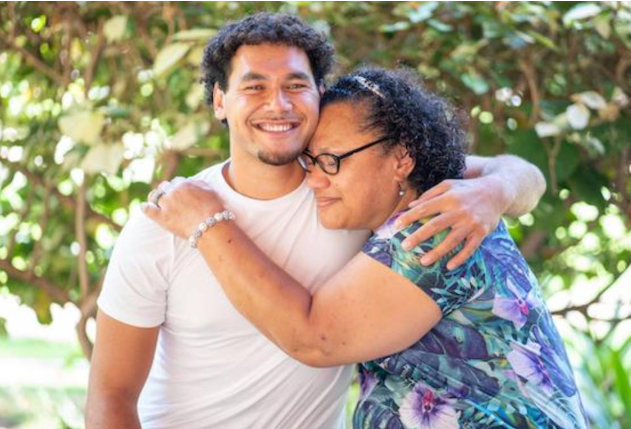
Regain your Hope, Health, and Healing. Find out if High Dose Vitamin C is Right for You
Here are the key factors to consider before adding high-dose vitamin C to your treatment plan. Evidence from over 40,000 case studies at the Riordan Clinic https://riordanclinic.org/ since 1980 shows that high-dose intravenous vitamin C can significantly impact cancer treatment. Clinical research indicates that IVC may improve symptoms and potentially extend survival in terminal cancer patients. Widely used in naturopathic and integrative oncology, IVC helps replenish vitamin C levels and improve quality of life.
- Comprehensive Care: IVC is part of a multi-faceted treatment plan and should be combined with dietary, nutritional, and lifestyle changes.
- Adjunctive Therapy: Can be used with traditional treatments like chemotherapy, radiation, and surgery, adding holistic approach.
- Pre-Treatment Checks: Lab work, G6PD levels, and baseline imaging are needed.
- Ongoing Monitoring: Regular monitoring of vitamin C levels and lab work is essential; an oncologist's oversight is highly recommended.
- Treatment Frequency: Administered 2-3 times per week for enhanced effectiveness in tumor growth suppression.
- Commitment: Evaluate the time and financial requirements to ensure continuous treatment without lapses.
- Duration and Tapering: Treatment continues until stabilization or cancer-free status (Typically 12 months), then gradually tapered based on patient and provider decision.
WhY High Dose Intravenous IV Vitamin C Treatment for Cancer?
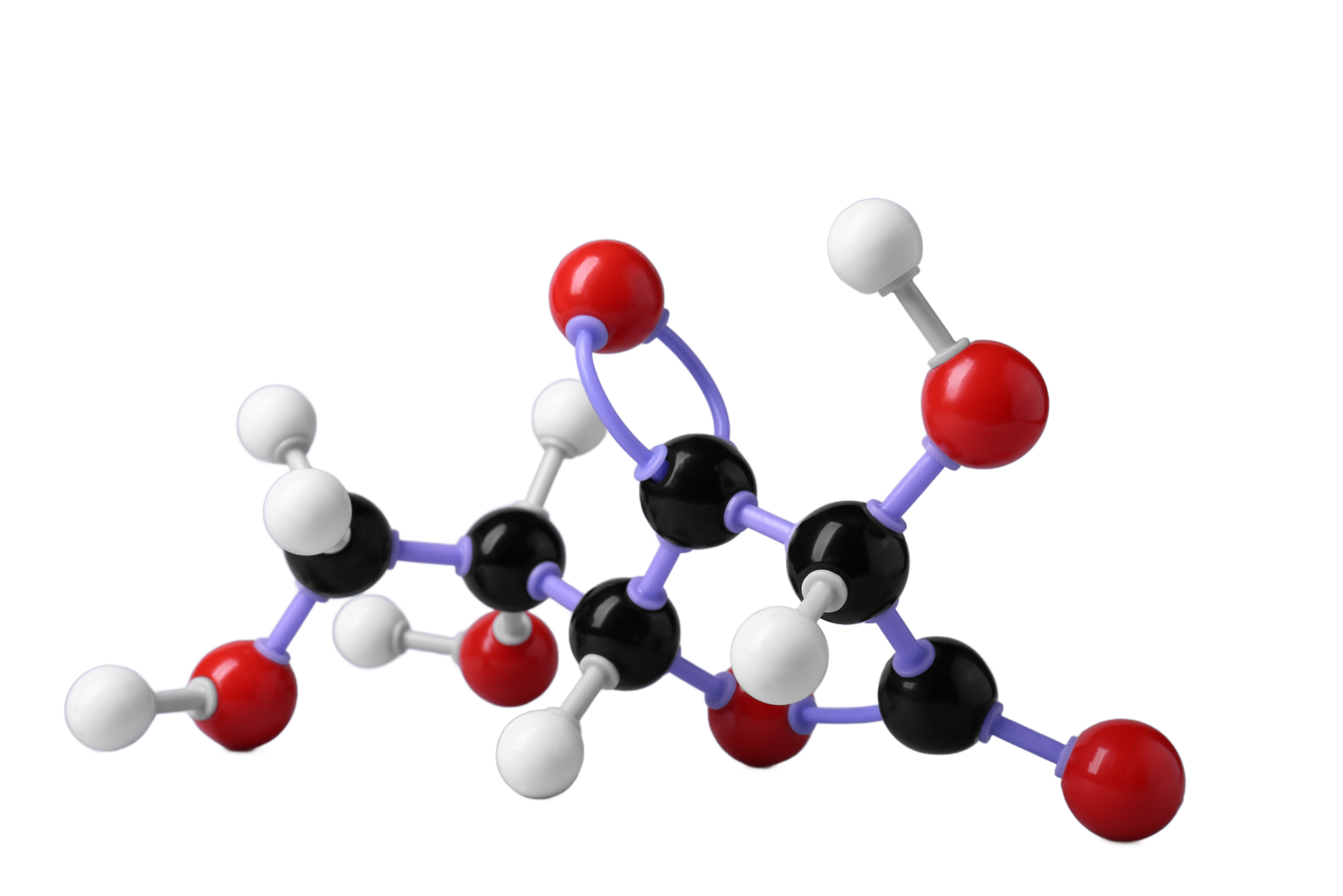
HOW DOES VITAMIN C AFFECT CANCER CELLS?
Inside tumors, oxygen levels are often low, and the cells adapt to these conditions by growing without relying on oxygen. They do this by activating a protein called HIF-1. Vitamin C plays a key role in regulating this process by affecting the enzymes that deactivate HIF-1. Research has consistently shown that lower levels of HIF-1 are linked to higher levels of vitamin C in tumor cells.
Vitamin C acts as a powerful antioxidant, helping to stop harmful reactions in the body by neutralizing free radicals. It also works alongside vitamin E, helping to restore it to its active form. In addition to its antioxidant properties, vitamin C is involved in various enzyme processes, such as those that help produce amino acids and hormones. This suggests that vitamin C can help combat oxidative stress and damage, particularly in situations where there’s an increase in oxygen levels or cell death. A study published in Cancer Cell in 2013 demonstrated the potential benefits of high-dose vitamin C as an ROS scavenger in cancer therapy. The researchers found that high-dose vitamin C selectively generated reactive oxygen species (ROS) in cancer cells, which led to their death while leaving normal cells unaffected. This study highlighted vitamin C’s ability to enhance oxidative stress in tumors, making it a promising adjunct therapy for cancer treatment. The findings suggest that by increasing ROS levels, high-dose vitamin C can potentially slow down tumor growth and enhance the effectiveness of conventional cancer treatments.
When given in high doses intravenously, vitamin C can act as a pro-oxidant, triggering a process that generates hydrogen peroxide in cancer cells, which leads to cell damage and death. This is due to vitamin C’s ability to interact with metals like iron and copper, which are more abundant in cancer cells. These metals react with hydrogen peroxide to create highly reactive molecules that can damage cancer cells. Unlike normal cells, cancer cells also lack an enzyme called catalase, making them more vulnerable to oxidative stress. By increasing oxidative stress in cancer cells, high-dose vitamin C can support anticancer treatments like chemotherapy and radiation. Additionally, vitamin C can enhance the effectiveness of glycolysis inhibitors, which also increase oxidative stress in cancer cells.
Vitamin C is vital for the reduction of iron, which is necessary for the proper function of iron-dependent proteins. This includes important processes like energy production in the mitochondria, collagen production, and the regulation of oxidative stress.
The extracellular matrix (ECM) plays a crucial role in regulating cancer cell behavior by providing signals that help maintain tissue structure and integrity. This dynamic matrix is constantly being remodeled by enzymes and signaling molecules, and when this process goes awry, it can contribute to cancer growth and metastasis. Collagen, a key structural protein in the ECM, helps cells stick to the matrix. Controlling collagen production is an important factor in cancer progression. Collagen fibers create a strong structure that anchors cells to the ECM, and vitamin C helps stabilize these fibers, preventing abnormal invasions by cancer cells. Vitamin C also affects cancer cell invasion by reversing epithelial to mesenchymal transition (EMT). It does so by deactivating HIF (hypoxia-inducible factor) and increasing E-cadherin levels while reducing vimentin, which helps suppress EMT and limit cell migration.
In pre-clinical studies, high-dose vitamin C has been shown to improve the effectiveness of several chemotherapy drugs, across different types of cancer cells. It often works in synergy with these treatments, boosting their impact by increasing the production of reactive oxygen species (ROS), which helps to enhance the overall effectiveness of chemotherapy.
Vitamin C plays a crucial role in supporting immune function by being present in high levels in most immune cells. It acts as an antioxidant and helps regulate several important processes in the immune response. Vitamin C also supports the activation and growth of immune cells, including the development of B-cells, the maturation of T-cells, and the production of cytokines. It boosts the activity of natural killer (NK) cells, helping them target and destroy cancer cells. Additionally, recent research has shown that vitamin C can influence the immune system’s genetic activity, restoring functions in regulatory T-cells (Tregs) and promoting proper immune responses.
Extensive clinical research indicates that high-dose vitamin C holds significant promise as a therapeutic agent in cancer treatment. Its ability to enhance the effectiveness of chemotherapy, radiation, and targeted therapies, while causing minimal side effects even at high concentrations, makes it a preferred, non-toxic option for cancer patients. Its cancer-specific cytotoxicity further supports its potential as an effective treatment strategy. With all this evidence to support high-dose vitamin C as a highly potent adjunct therapy for cancer support, we invite you to begin your journey to wellness today with a consultation to see if high-dose vitamin C is the right fit for you.
References
https: //sci-hub.st/10.1016/j.biopha.2020.110588
https: //www.mdpi.com/2076-3921/10/12/1894/htm
https: //jeccr.biomedcentral.com/articles/10.11
86/s13046-021-02134-y
High Dose Vitamin C Treatment Protocol
- Initial Health Consultation: Includes complete medical history & lab interpretation of baseline levels. G6PD must be normal, no contraindications due to co-morbidities.
- First Infusion: 1000ml of normal saline, Myer’s cocktail + 8grams Vitamin C to prime the cells.
- After initial infusion: Doses start at 15, 25, 50 grams (first 3 therapies) of high dose vitamin C plus Magnesium Chloride, Calcium Gluconate, & Bicarbonate in 1000ml Sterile water solution.
- Patient: must obtain lab draw of plasma vitamin C levels after first four doses.
- Interpretation of lab: results, adjustments to dose to meet therapeutic levels.
- High dose Vitamin: 2 High dose Vitamin C therapies per week (30 grams).
- Patient must obtain: regular monthly lab work. CBC, CMP, Plasma vitamin C levels, complete urinalysis. Interpretation of regular monthly lab results with adjustments to oral doses as needed.
- Therapy: is recommended to have no breaks in treatment to achieve optimal plasma levels in therapeutic range for a minimum of 12 months. 2 therapies a week minimum. Doses larger than 50 grams will have an additional charge per treatment. Monthly lab work will be conducted, Plasma vitamin C levels, CBC, CMP, and complete urinalysis. Patient will notify provider immediately of any adverse reactions or symptoms. Please discuss this medical plan with your oncologist.

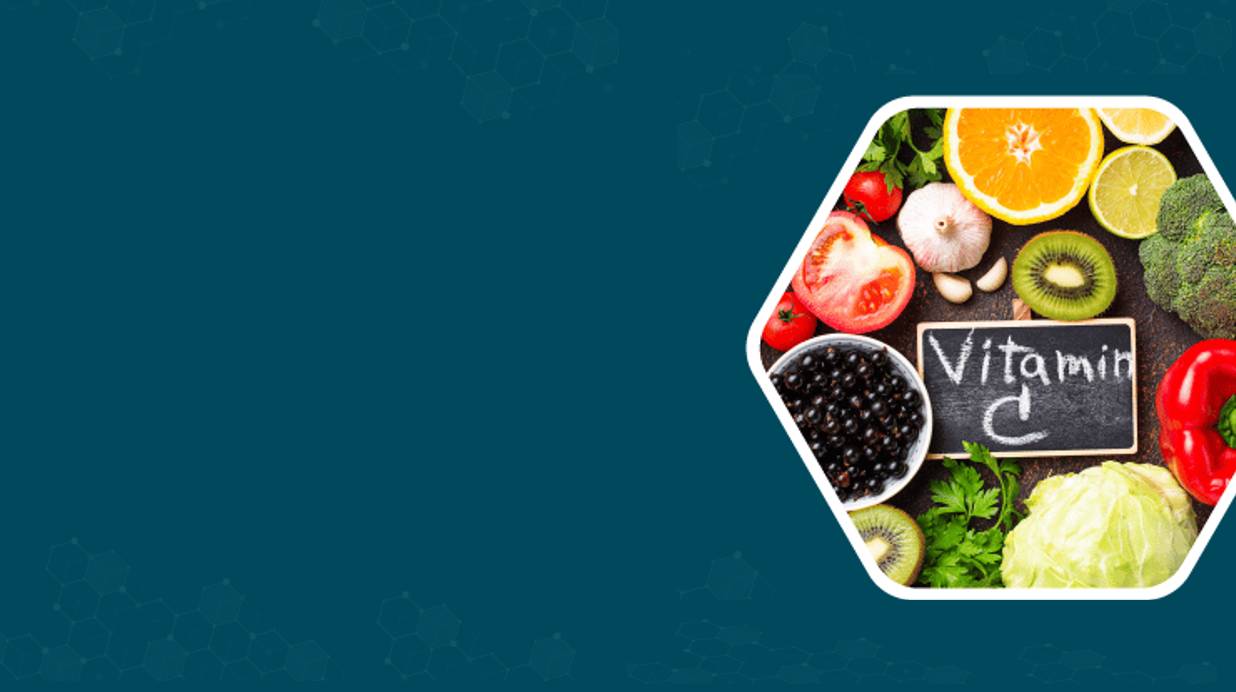
Customized Plans for Your Unique Needs
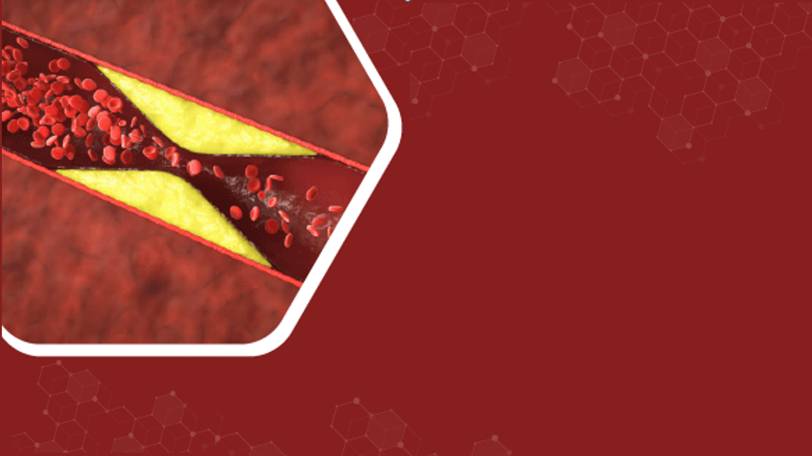
High-dose Vitamin C suppresses vascular endothelial growth factor (VEGF) expression.
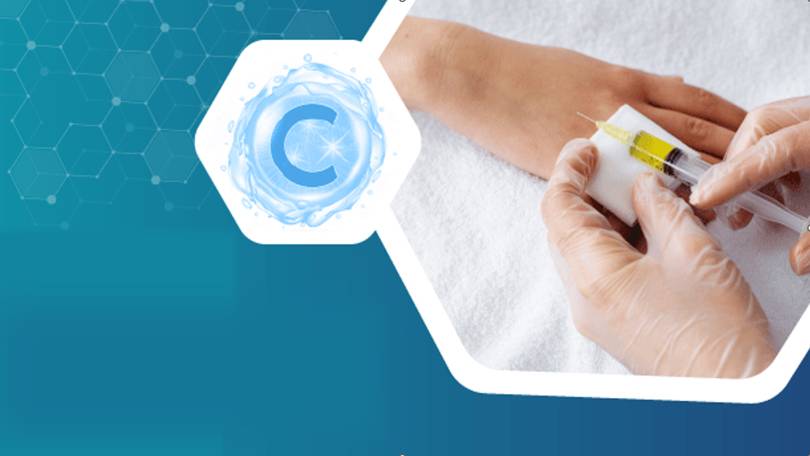
High-dose intravenous vitamin C as adjunctive therapy to chemo and radiation.

Can a vitamin found in oranges help cancer patients? The role of high-dose intravenous vitamin C in cancer management.
The IV Ocean Therapy Approach
We provide a comprehensive medical program that includes a series of steps, beginning with an initial assessment and continuing through follow-up visits.

